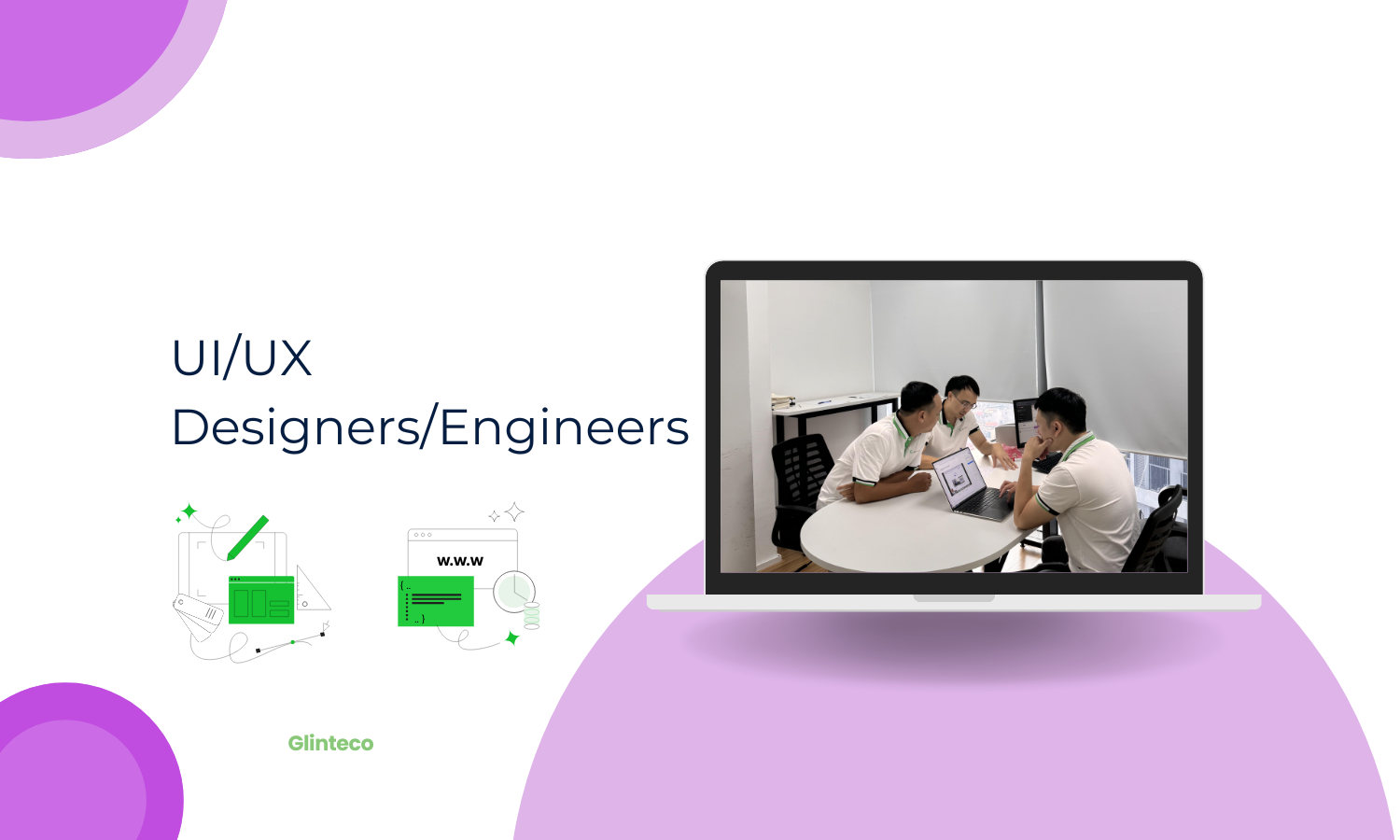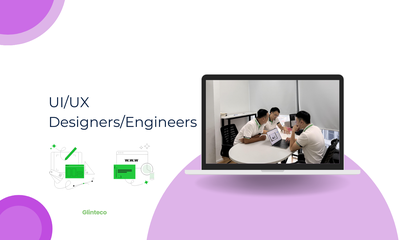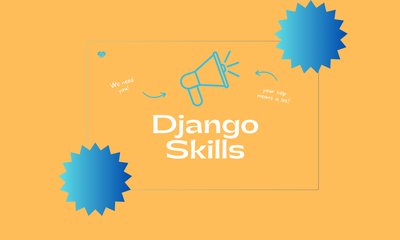Inside the Mind of a UX Designer / Design Engineer
By phuongkt, at: March 12, 2025, 2:53 p.m.
Estimated Reading Time: __READING_TIME__ minutes


In the world of digital products, where every click matters and every second counts, UX Designers and Design Engineers play the role of silent storytellers. They’re the ones who ensure that users don’t just use a product as they enjoy it.
They’re crafting wireframes, building design systems, or bridging the gap between design and code, these folks combine creativity with structure, intuition with logic. Let’s take a deeper look at what makes them tick.
Who Are UX Designers and Design Engineers?
These two roles often overlap in modern product teams:
-
UX Designers focus on user research, journey mapping, wireframes, and prototypes. Their goal is to make products intuitive, accessible, and efficient for real people.
-
Design Engineers (sometimes called UX Engineers or UI Engineers) translate designs into functional, interactive components, often using production-grade code. They ensure what gets built matches what was designed—pixel for pixel, interaction by interaction.
Together, they ensure the “feel” of the product is as seamless as its function.
Key Characteristics of a UX Designer / Design Engineer
1. Empathetic
They constantly think about the user’s mindset: their goals, frustrations, and expectations. They ask, “Would this interaction feel natural?”
2. Detail-Driven
From the width of a button to the micro-interaction on hover, they obsess over the tiny things that improve user experience.
3. Cross-Functional Thinkers
They collaborate with designers, developers, product managers, and QA. They speak both Figma and code.
4. Process-Oriented
They believe in design systems, component libraries, consistency, and accessibility as foundations, not features.
Common Tools & Stack
Depending on their focus, you might find them using:
UX Designer Tools:
-
Figma, Sketch, Adobe XD
-
Miro, Whimsical (for user flows and journey maps), FigJam
-
Maze, UsabilityHub (for testing)
-
Notion or Airtable (for UX documentation)
Design Engineer Tools:
-
HTML/CSS/JavaScript
-
React, Vue, or Svelte (component frameworks)
-
Storybook (for documentation and testing components)
-
Framer Motion, GSAP (for animations)
-
Lighthouse, Axe, WAVE (for accessibility and performance)
What Keeps Them Up at Night?
-
A beautiful design that’s impossible to implement
-
A component that doesn’t match the mockup - uhhhh?
-
Hover states that are inconsistent across pages
-
Feedback like “I didn’t notice that button was clickable”
-
Design handoffs that are more like throwaways
They care deeply about user trust, clarity, and delight - when it’s not there, they feel it.
UX + Coffee = Cappuccino
Just like the cappuccino, they’re balanced, elegant, and crafted with intention.
-
Smooth (UX) on top, solid (logic) underneath
-
Satisfying to those who appreciate refinement
-
The drink of someone who values experience, not just outcome
UX designers and design engineers don’t rush. They craft, iterate, and polish until the interaction feels just right.
Daily Tasks
-
Review user feedback and analytics
-
Iterate on a Figma prototype or polish a component in Storybook
-
Sync with devs to ensure implementation matches design
-
Run a usability test or fix accessibility bugs
-
Update the design system with a new pattern or token
-
Read a UX case study or play with a new animation library
It’s a mix of intuition, feedback, precision, and creativity.
Why They Matter
These are the people who ensure that the software you use:
-
Doesn’t confuse you
-
Doesn’t frustrate you
-
Doesn’t make you feel stupid
They champion users in every decision. They see the gaps that others miss and fill them with thoughtful design and functional finesse.
Without them, products work but they rarely feel right.
Conclusion
UX Designers and Design Engineers are the glue between design and development. They create flow, reduce friction, and make products memorable—not just usable.
They may not write every line of code, but they influence how every interaction feels.
So next time you glide through a checkout form or smile at a micro-animation, remember: someone crafted that moment with empathy and intent (likely with a cappuccino nearby).





